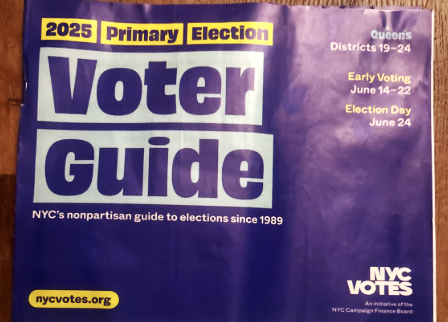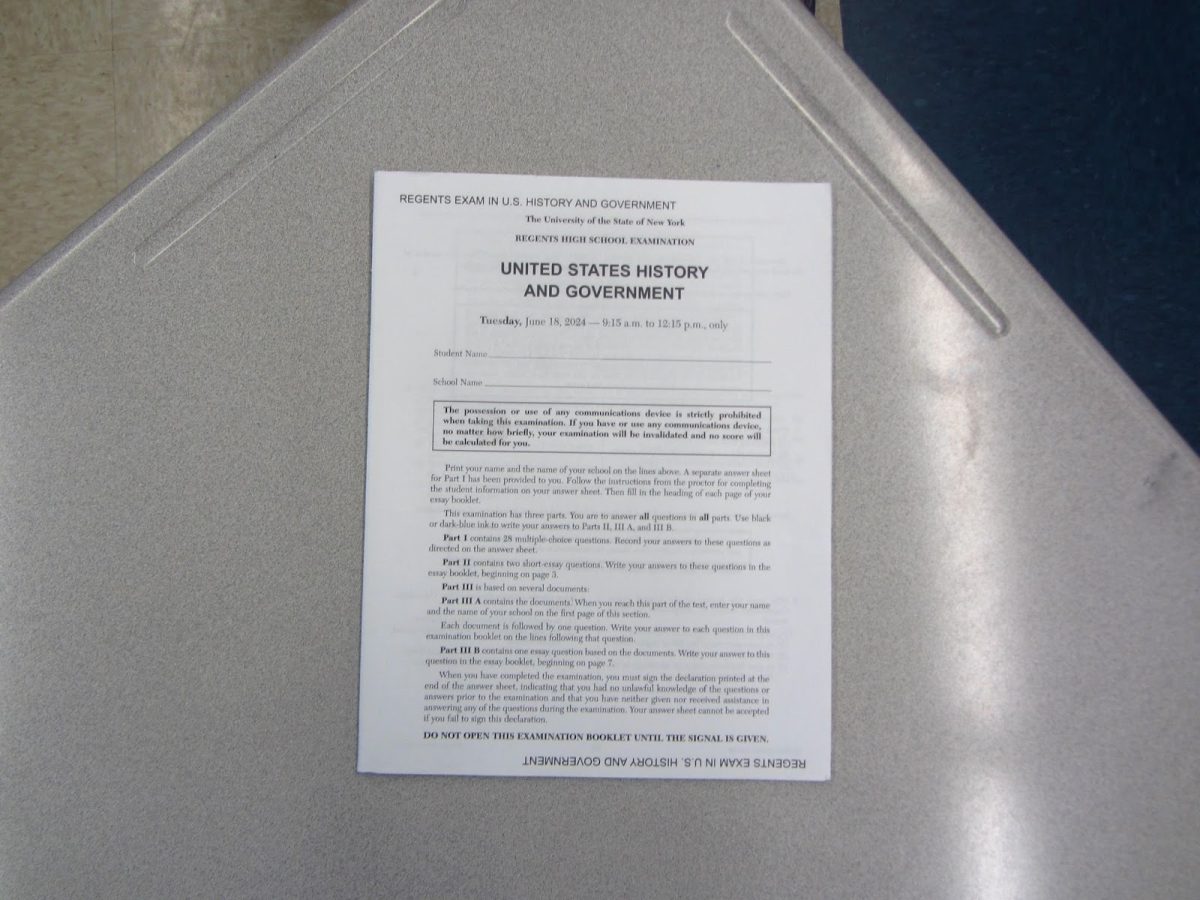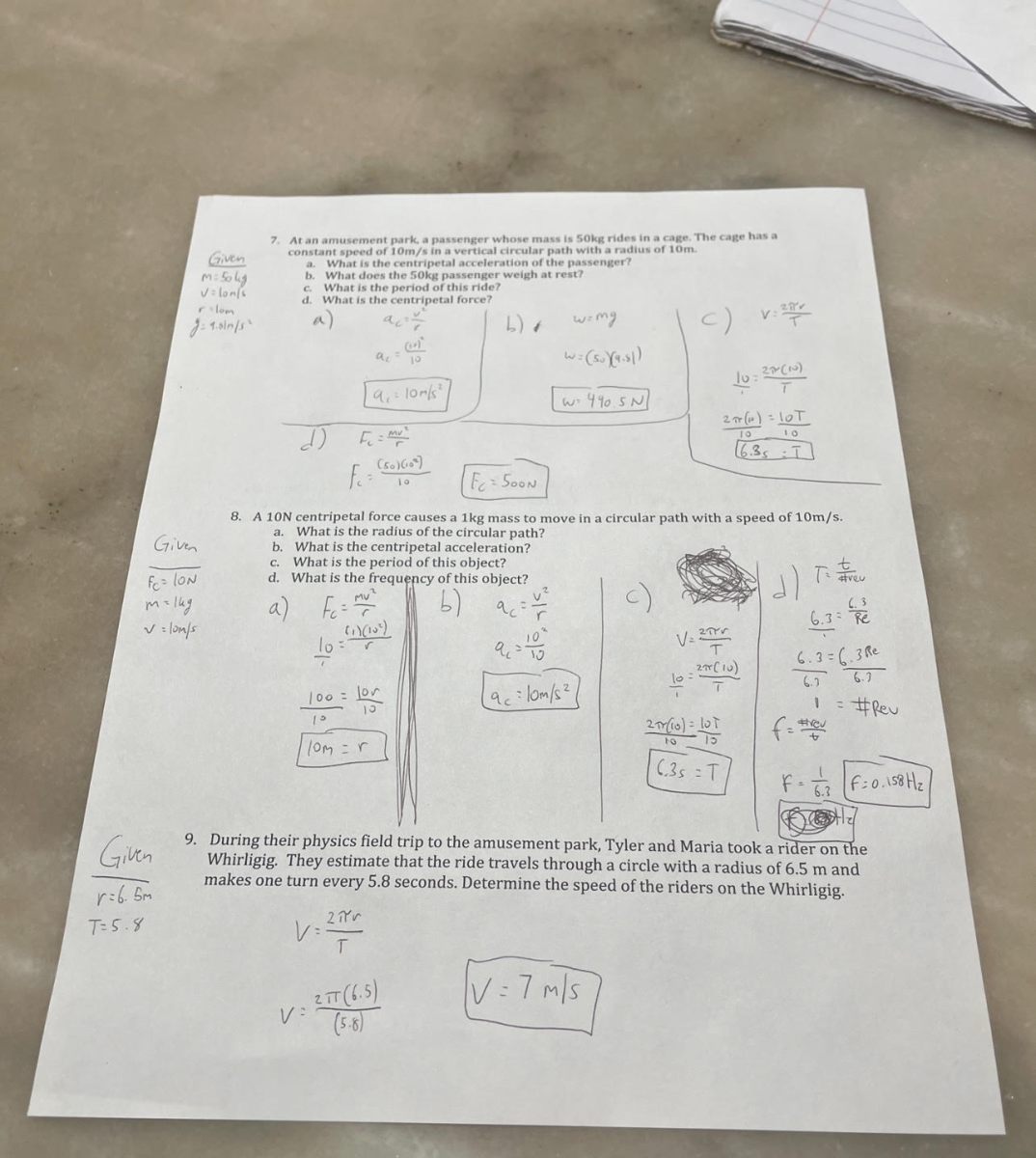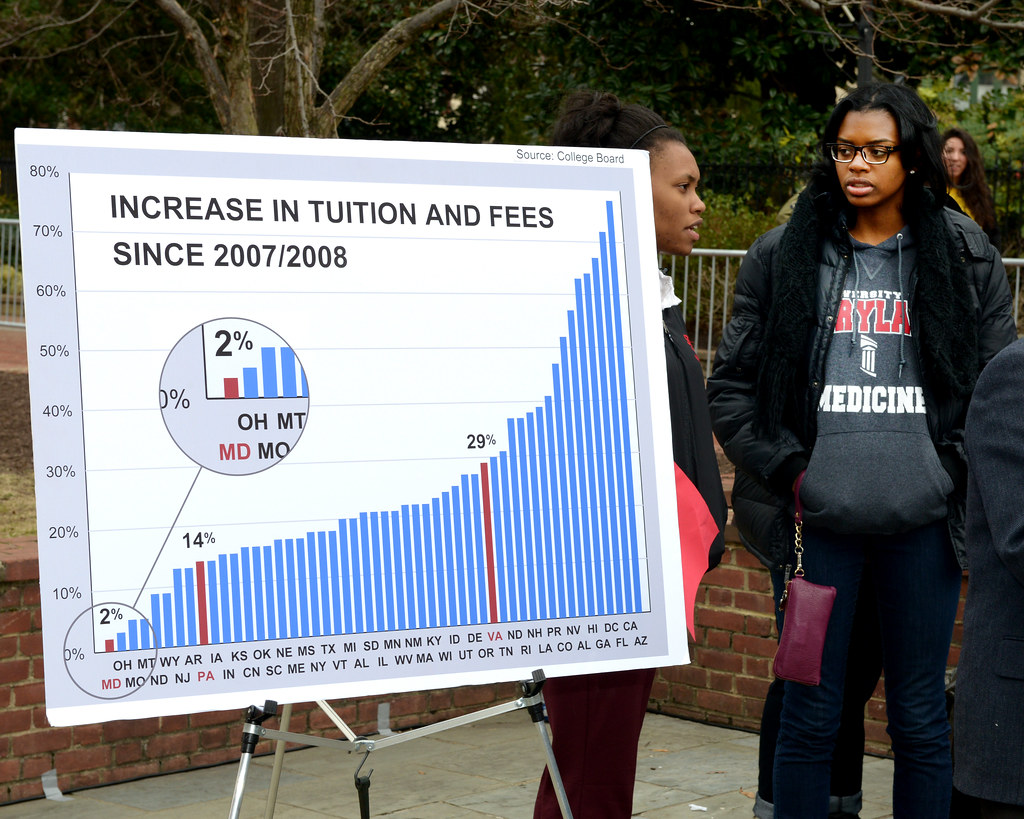
by Michelle Tejada, staff reporter
Donald Trump reached the targeting goal to become the Republican Party’s presidential nominee. Trump needed 1,237 delegates to make the mark and had 1,239 delegates, but results won’t be finalized until the convention in July.
Trump secured his seat for the final elections on Thursday, May 26th while Democratic opponent, Hillary Clinton, still needs 70 delegates to secure her seat, as of June 3rd.
After a total of $57.7 million was raised on campaigning, Trump was able to defeat the other two republican candidates, John Kasich and Ted Cruz. Kasich raised a total of $18,973,502 while Cruz raised a total of $89,322,157.
“I think that Trump would not make the economy ‘great’ like he says he is because he’s only going to look out for the people with money like himself. As a result the minorities will not rise up and the economy will either go down or stay the same,“ Queensborough Community College student Ebonee Dostis said.
Supporters would like to elect Trump because he is self-willed, anti-immigration, and anti-muslim, which is important especially in a time of fear with the rise of ISIS and recent terrorism. His supporters also believe that he can make the economy better due to his experience in business.
“Trump winning the nominations scares me because if he wins the elections then everything will be chaotic due to many disagreements the citizens of America have of him. I know lots of people who aren’t fond of him and what he stands for,” senior Gianna Vano said.
Out of the 45 states that have voted, Trump has failed to win in Arizona, Colorado, District of Columbia, Idaho, Iowa, Kansas, Maine, Minnesota, Ohio, Oklahoma, Texas, Utah, Wisconsin, and Wyoming. This means that he has lost about 31% of the states so far, but has won 69% of the votes.
“Generally speaking, Donald Trump is a horrible candidate—for the election, for our two-party system, and for the GOP. Not only does Trump lack political and military experience and respect for women, his policies and ideals are far from a majority of his party. Trump is therefore transforming the ‘GOP’ and even forcing Republicans to reconsider their party affiliation,” graduate from George Washington University Karina Hernandez said.
In the beginning of the presidential race, there were 17 Republicans. One by one candidates dropped out. Drop outs include: Ted Cruz, Marco Rubio, John Kasich, Chris Christie, Carly Fiorina, Rick Santorum, Rand Paul, Mike Huckabee, George Pataki, Lindsey Graham, Bobby Jindal, Scott Walker, Rick Perry, Ben Carson, Jeb Bush, and Jim Gilmore.




































